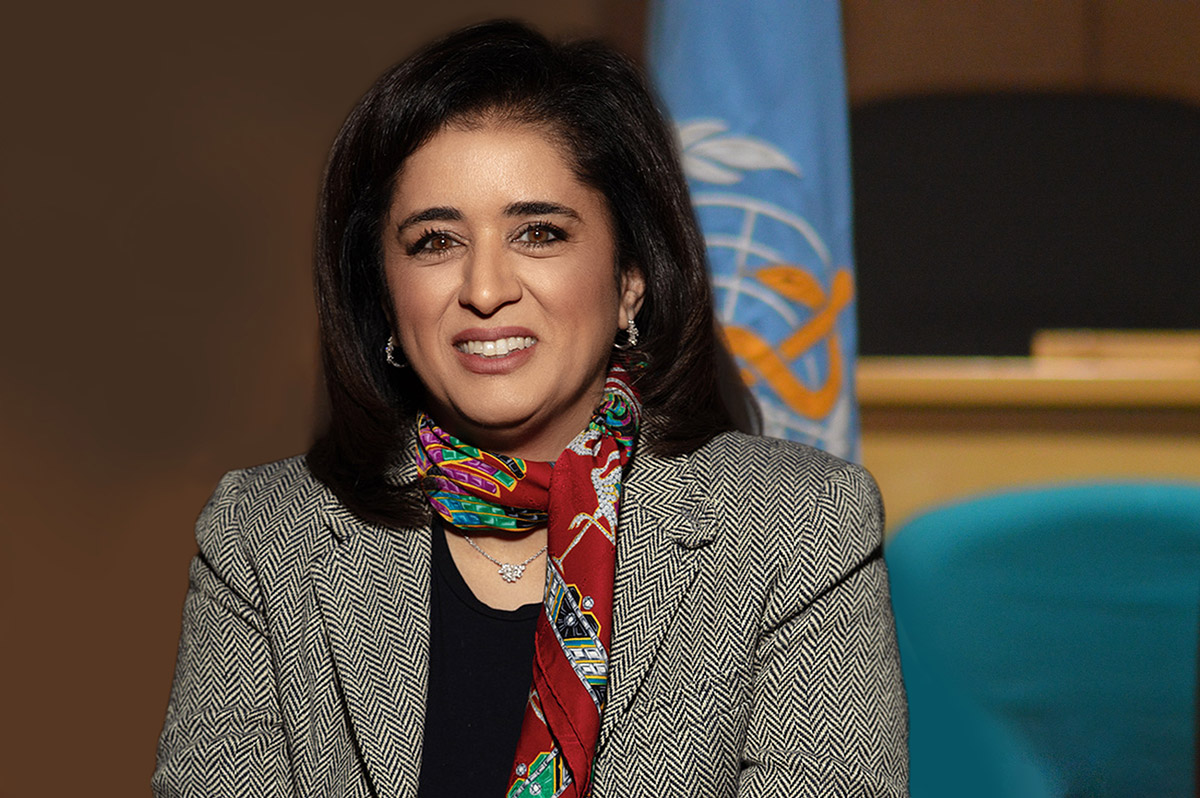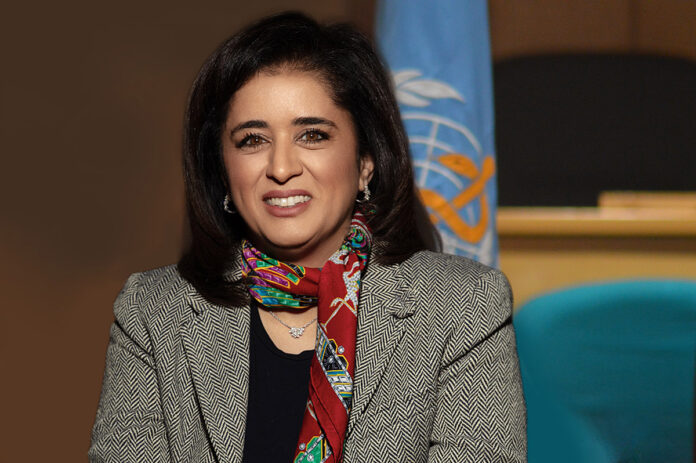
On this World Malaria Day, we are reminded of the devastating impact malaria continues to have on the world’s most vulnerable people.
In 2023 alone, over 600,000 lives were lost to this preventable and treatable disease.
In the WHO Eastern Mediterranean Region, more than 375 million people remain at risk—most of them in six high-burden countries: Afghanistan, Djibouti, Pakistan, Somalia, Sudan, and Yemen.
While malaria is receding in many parts of the world, our Region is facing a troubling rise in cases―driven by conflict, fragile health systems, climate-related shocks, and the increasing risk of resistance to drugs and insecticides.
Between 2015 and 2023, the estimated malaria incidence in the Region more than doubled to 17.9 cases per 1,000 people at risk.
But we are making progress. In 2024, WHO supported the introduction of the malaria vaccine in Sudan, a milestone in the fight against malaria, and Egypt was certified malaria-free. The Kingdom of Saudi Arabia is on track for elimination.
To overcome the challenges, we must urgently reignite our collective efforts. This includes investing in proven interventions, strengthening health systems, and ensuring timely access to prevention tools, diagnostics and treatments.
We must advocate for increased funding from domestic, regional and international sources, as well as prioritize country ownership and community engagement in malaria control efforts.
Every dollar invested in malaria control yields an estimated US$31 in return through improved health, productivity, and broader economic development.
Malaria ends with us–let’s reinvest in, reimagine and reignite our efforts for a malaria-free future.





